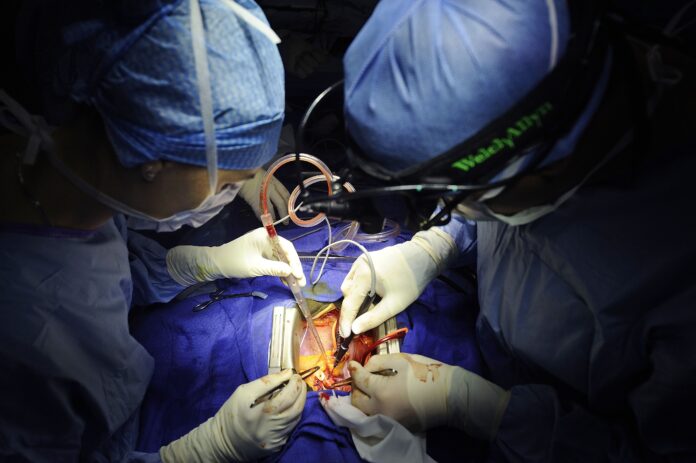
Knowing when to see a cardiologist after heart surgery is key to preventing complications and making sure your heart heals properly. Regular follow-ups aren’t just routine check-ins; they’re opportunities for your cardiologist to monitor recovery, adjust medications, and detect early signs of potential issues. Here’s more information on when to see a cardiologist after heart surgery:
The Cardiologist’s Role in Recovery
A cardiologist monitors your heart’s healing process after surgery. They track how well your heart functions and check for potential complications. Your cardiac specialist reviews test results, adjusts medications, and evaluates your progress during each visit.
The cardiologist also coordinates with other healthcare providers involved in your care. They communicate with your surgeon, primary care doctor, and rehabilitation team. This makes sure all aspects of your recovery receive proper attention. Your cardiology specialist provides guidance on lifestyle changes that support heart health. They offer recommendations about diet, exercise, and stress management.
Post-Surgery Follow-Up Timeline
Most patients require their first post-surgery appointment within one to two weeks after discharge from the hospital. This initial visit allows your cardiologist to check your surgical site and review your immediate recovery progress. They will assess your pain levels, breathing, and overall comfort. A second appointment occurs four to six weeks after surgery. During this visit, your cardiac specialist evaluates how well your heart is functioning. They may order tests such as an electrocardiogram or echocardiogram to assess your heart’s rhythm and pumping ability.
Follow-up appointments continue at three-month intervals during your first year of recovery. These visits help your cardiologist monitor your long-term progress and make necessary adjustments to your treatment plan. After the first year, appointments may become less frequent if your recovery proceeds well.
Warning Signs for Consultation
It is key to recognize the warning signs that indicate you should see a cardiologist without delay. Here are key symptoms to be aware of:
- Persistent chest pain, pressure, or discomfort, especially if it is accompanied by shortness of breath.
- Dizzy spells, fainting, or feelings of lightheadedness.
- Unexplained fatigue or weakness that interferes with daily activities.
- Rapid or irregular heartbeats, which may feel like fluttering or pounding in your chest.
- Swelling in your legs, ankles, or feet, which may signify fluid retention due to heart issues.
- Difficulty breathing, especially when lying flat or performing mild physical exertion.
If you experience any of these symptoms, schedule an appointment with a cardiologist promptly.
Benefits of Routine Heart Checkups
Regular appointments with your cardiology specialist help detect problems before they become serious. Your cardiologist can identify subtle changes in your heart function through routine testing and examination. These visits also provide opportunities to discuss your recovery goals and address any concerns you may have. Your cardiac specialist can address questions about returning to work, exercising, or traveling. Consistent follow-up care helps optimize your medications and treatment plan. Your cardiologist may need to adjust your prescriptions based on your recovery progress.
Consult a Cardiologist Today
Following your recommended appointment schedule and recognizing warning signs are fundamental parts of successful heart surgery recovery. Your cardiology specialist provides the expertise needed to guide you through the healing process. For concerns about your recovery or if you notice any warning signs, contact a qualified cardiac specialist near you to schedule an appointment.